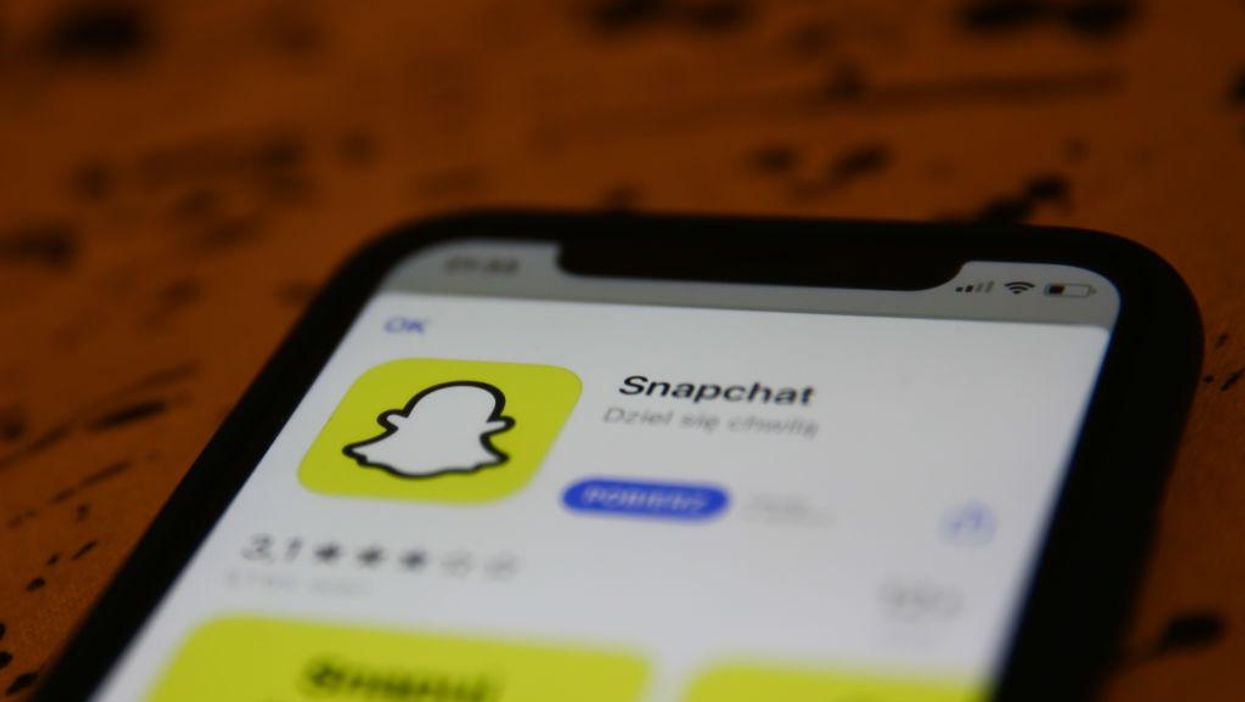
Jakub Porzycki/NurPhoto via Getty Images

The Supreme Court has sided with a high school cheerleader from Pennsylvania who was suspended after posting a profanity-laced message on Snapchat while away from school grounds.
In an 8-1 ruling on Wednesday, the court concluded that the school district violated the student's First Amendment right to free speech by handing down a punishment after learning of the message.
Though the matter itself appears rather inconsequential, the court's ruling could prove influential in an age where social media has blurred the lines between on-campus and off-campus speech.
Brandi Levy, now an 18-year-old college freshman, was a ninth grader at Mahanoy Area High School who had just failed to make the varsity cheer squad when she decided to air her frustrations on social media.
While visiting a local convenience store with friends following the bad news, Levy posted a series of images on Snapchat expressing frustration with the school and the cheer squad, one containing vulgar language and featuring her and a friend with raised middle fingers.
"F*** school, f*** softball, f*** cheer, f*** everything," read the message, which was sent to roughly 250 friends, including cheerleading friends at the school.
Snapchat story posts are designed to appear for 24 hours, then vanish. However, one recipient took a screenshot of the image before it was erased and the image ended up before the eyes of cheerleading coaches at the school.
In response, the school suspended Levy from the junior varsity squad for the upcoming year reportedly arguing the punishment was necessary to "avoid chaos" and preserve a "teamlike environment."
Levy, along with her parents, sued the school district and won a decisive victory at the Third Circuit Court of Appeals, which ruled that the school exceeded its authority by punishing off-campus student speech.
On Wednesday, the Supreme Court concurred with the Third Circuit's decision, though didn't go so far as to say schools never have authority to regulate off-campus speech.
Justice Stephen Breyer, writing the majority opinion, ultimately concluded, "While public schools may have a special interest in regulating some off-campus student speech, the special interests offered by the school are not sufficient to overcome B. L.'s interest in free expression in this case."
Though he acknowledged, "Unlike the Third Circuit, we do not believe the special characteristics that give schools additional license to regulate student speech always disappear when a school regulates speech that takes place off-campus."
"The school's regulatory interests remain significant in some off-campus circumstances," he maintained.
As the lone dissenter, Justice Clarence Thomas, argued the majority painted with "broad brushstrokes" in their ruling and essentially ignored "150 years of history supporting the coach."
While he agreed generally that schools should have less authority over off-campus student speech, he objected to the majority's decision not to explore how much less.
"A more searching review reveals that schools historically could discipline students in circumstances like those presented here," he assessed. "Because the majority does not attempt to explain why we should not apply this historical rule and does not attempt to tether its approach to anything stable, I respectfully dissent."